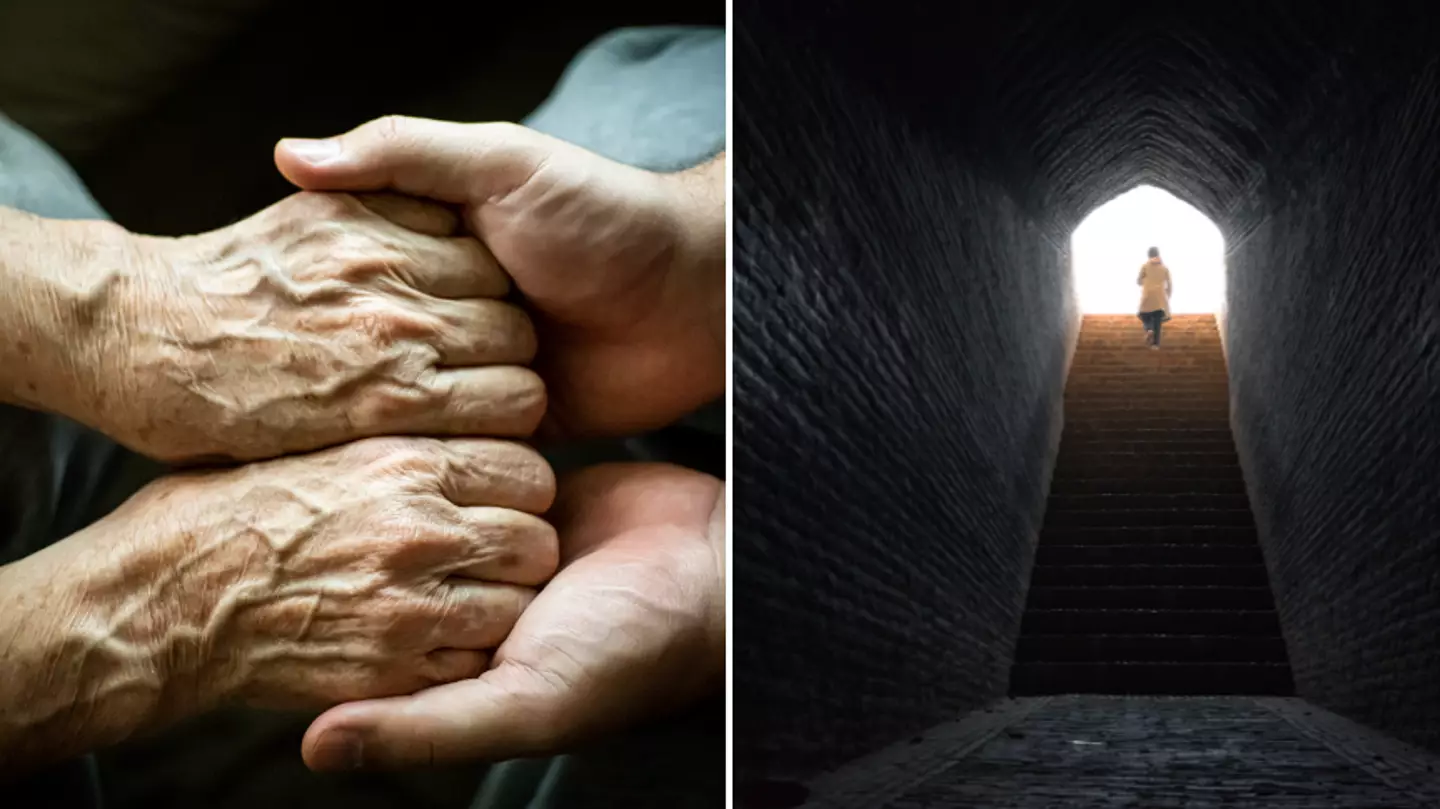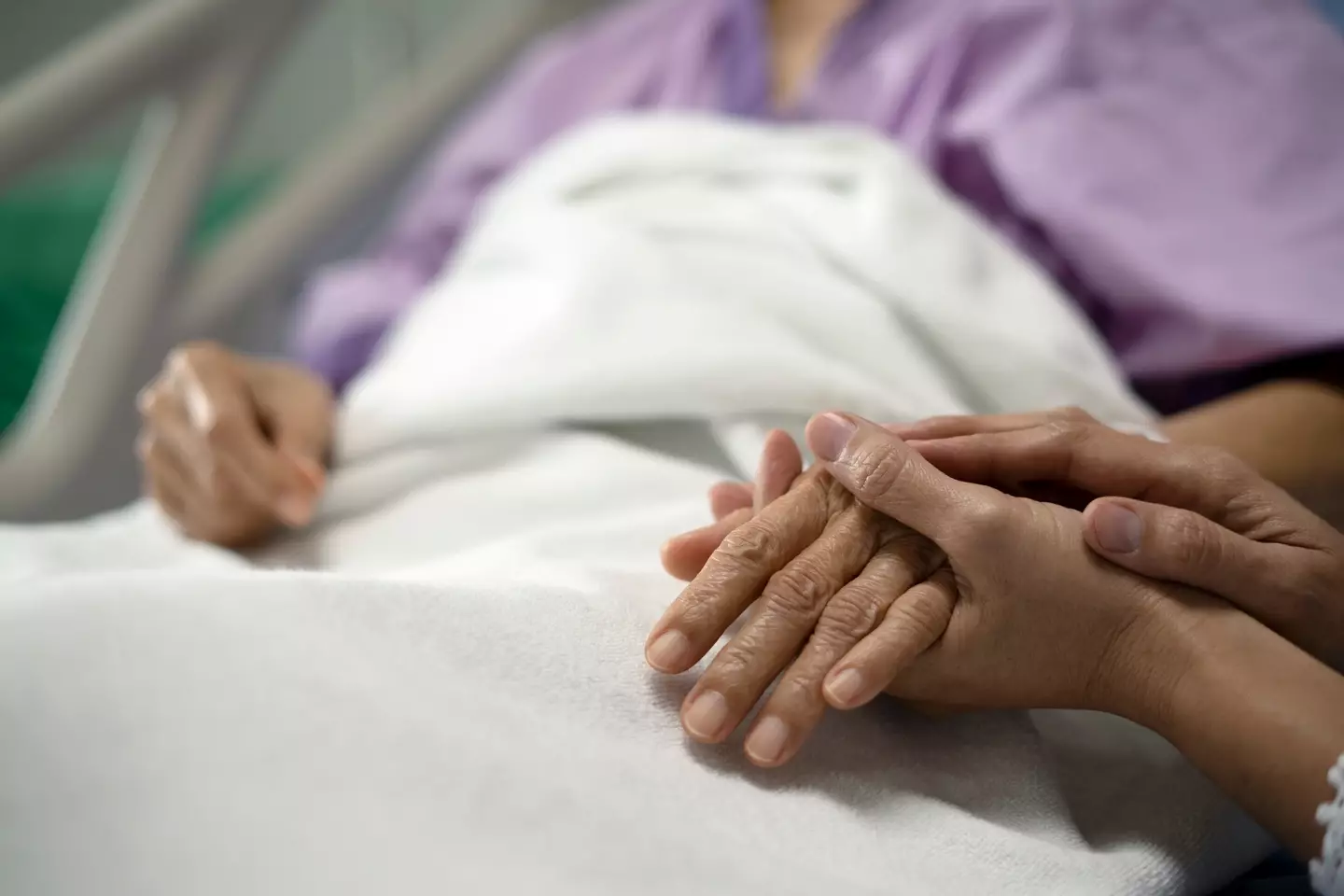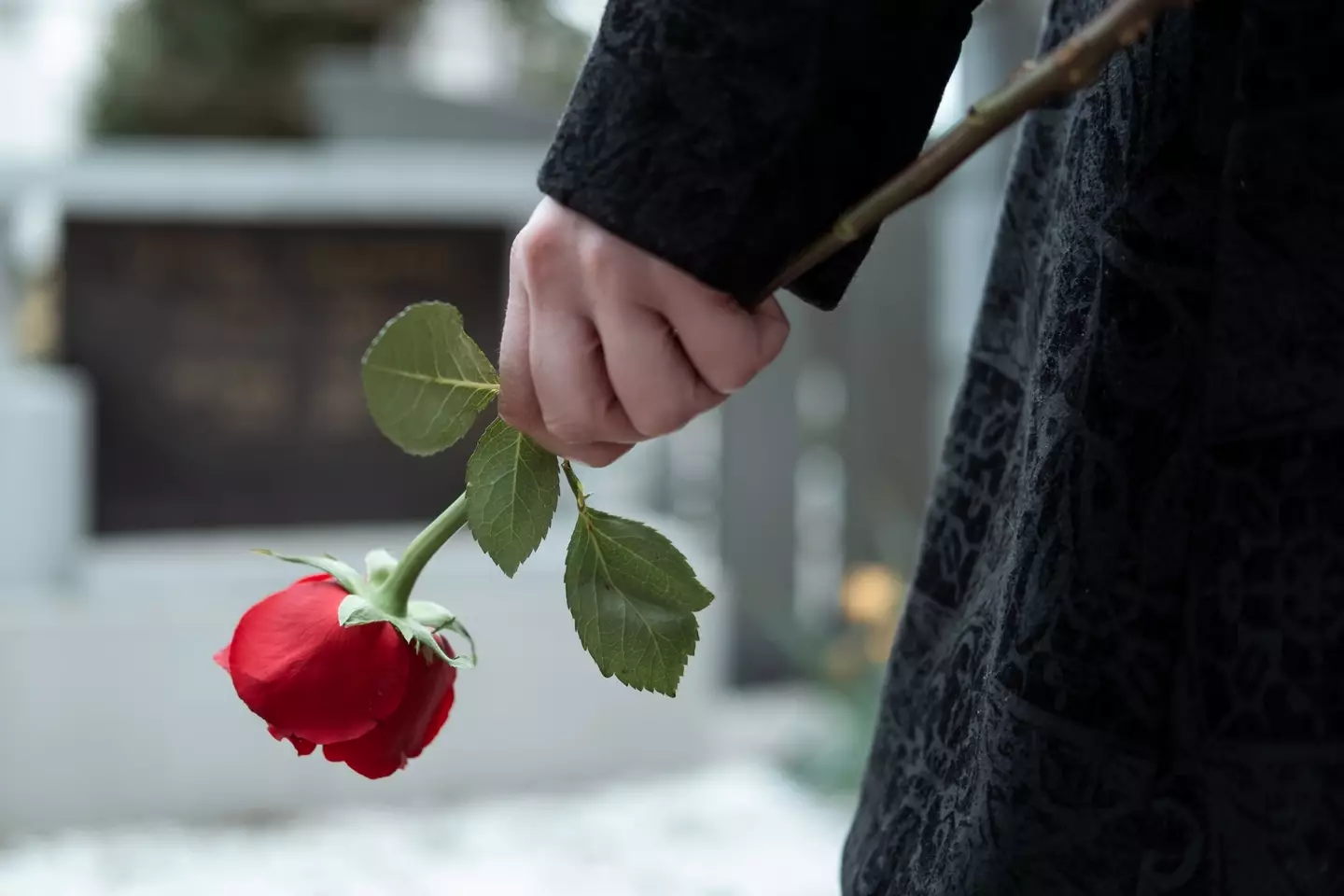
An end-of-life carer has given an emotional insight into the realities of her job, revealing the regret many people express when on their deathbed.
While perceived as an incredibly difficult job, Katrina Homer sees her role as a healthcare assistant for Sue Ryder as huge responsibility but also as 'such a privilege' at the same time.
Katrina, 46, had worked as a domiciliary carer for two decades before deciding to go into palliative care in 2021 - a career shift that was inspired by her late father's final wish.
When he sadly passed away at the age of 80, Katrina wasn't aware that his end-of-life care could have been received in the comfort of his own home instead of in a place he 'didn't want to be'.
Advert
Speaking in an interview with The Mirror, she explained: "My father wanted to be at home and to die at home with his family, which he was not able to do.
"He did not receive the care he needed and deserved at the end of his life to keep him comfortable."

"Because of this I decided that I wanted to go into a more caring role," she added, explaining how she wanted to 'help ensure that people in their last days or weeks would get the love and care that they need and to fulfil their wishes'.
Since working for Sue Ryder's Hospice at Home service, Katrina has been able to make patients feel as comfortable as possible in their final days - all while being in their own environment.
"It is such a privilege to be accepted into someone's home at such a personal, delicate and vulnerable time in their lives and help to keep them as comfortable as possible," Katrina said.
No two days are the same in Katrina's job - from fulfilling the wish of a dying woman to have a wedding at home, to another's request to have her horse visit her.
Katrina also recalls one elderly man who, after barely speaking, broke out into fits of laughter looking out at his garden.
"He began to really laugh and chuckle because the goats had escaped and were eating all the new fencing, plants and everything else they could see," she said.
"It was such a lovely moment to hear him laugh and he started to open up and chat."
And as for final regrets, Katrina explained how she often comes across those who express regret over speaking to family members.

"A couple have expressed a sadness that there are family members they have not seen or spoken to for some time," she added.
"It does make you reflect and think how you would like to keep those you love in your life, and that sometimes you should make the effort."
Katrina's time as an end-of-life carer has made her passionate in breaking the stigma that surrounds death because 'we only die once and we should want to get it right'.
"I don't think [palliative carers] are valued enough by society. I still think there is some stigma around death and dying, and it is something not to be talked about," she said.
"People also assume that a hospital, a hospice or care home is a place for someone to die rather than at home... We help families go from being carers to husbands, wives, sisters, brothers, sons and daughters again."
If you have experienced a bereavement and would like to speak with someone in confidence contact Cruse Bereavement Care via their national helpline on 0808 808 1677